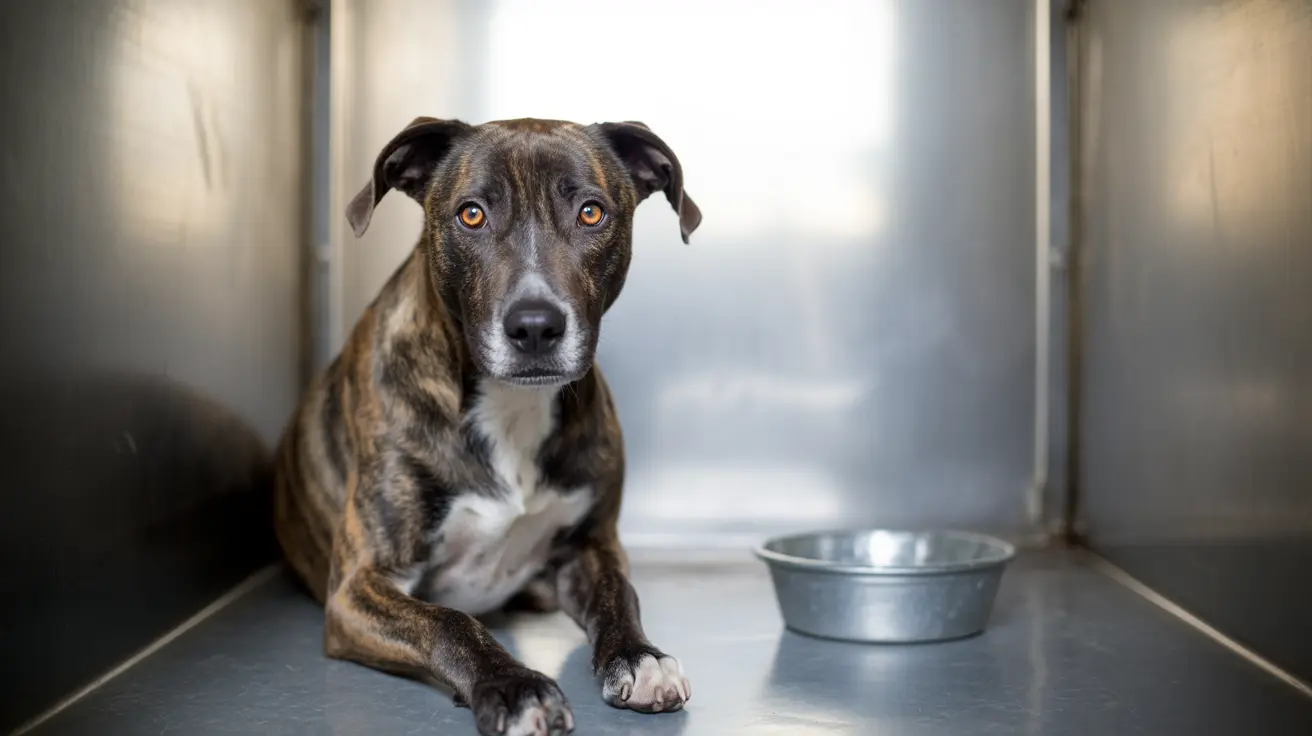A concerning situation has emerged at Kenton County Animal Services in Northern Kentucky, where two dogs were reportedly found in malnourished conditions, leading to the death of one animal. The incident has sparked scrutiny from animal welfare advocates and raised questions about shelter care standards in the region.
The case came to light when a Dayton-based animal rescue organization voiced criticism over the agency's handling of the situation. This development has prompted discussions about shelter oversight and the importance of maintaining proper care standards for animals in custody.
Current Situation and Shelter Response
The incident has highlighted the complex challenges faced by animal shelters in maintaining adequate care standards while managing limited resources. Kenton County Animal Services, like many municipal shelters, operates under specific protocols for animal care and quarantine procedures.
Shelter Care Standards in Kentucky
Kentucky animal welfare laws establish baseline requirements for shelter operations, including:
- Proper nutrition and feeding schedules
- Regular veterinary care
- Adequate housing conditions
- Documentation of animal health status
Community Support and Oversight
The role of community organizations like Friends of the Shelter NKY becomes particularly important in situations like these. These volunteer groups often provide:
- Additional resources and support
- Monitoring of shelter conditions
- Advocacy for improved animal care
- Bridge-building between shelters and the community
Prevention and Best Practices
While this specific case remains under scrutiny, general best practices for preventing dog malnutrition in shelters include:
- Regular weight monitoring
- Standardized feeding protocols
- Staff training on nutrition needs
- Documentation of feeding schedules
- Regular health assessments
The Role of Veterinary Care
Animal shelter veterinary care plays a crucial role in preventing and addressing health issues. Standard procedures typically include:
- Initial health screenings
- Regular wellness checks
- Proper quarantine protocols when necessary
- Nutritional assessments
- Treatment plans for compromised animals
Frequently Asked Questions
What should I do if I suspect animal neglect at a shelter?
If you have concerns about animal care at a shelter, document your observations and report them to:
- Local animal control authorities
- State veterinary board
- Animal welfare organizations
- Local law enforcement if immediate danger exists
How can community members help support local animal shelters?
Community members can assist by:
- Volunteering time and services
- Donating supplies and resources
- Supporting fundraising efforts
- Advocating for adequate shelter funding
- Participating in oversight committees
What are basic shelter care requirements in Kentucky?
Kentucky law requires shelters to provide:
- Adequate food and water
- Proper shelter and ventilation
- Basic veterinary care
- Safe and sanitary conditions
- Proper record-keeping
Moving Forward
This situation serves as a reminder of the importance of maintaining high standards in animal care facilities and the vital role of community oversight. While shelters face numerous challenges, including funding limitations and resource constraints, ensuring proper animal care remains paramount.
The involvement of local advocacy groups and concerned citizens helps maintain accountability and supports the mission of providing quality care for animals in need. As this situation develops, it highlights the ongoing need for community support and vigilance in maintaining animal welfare standards.






